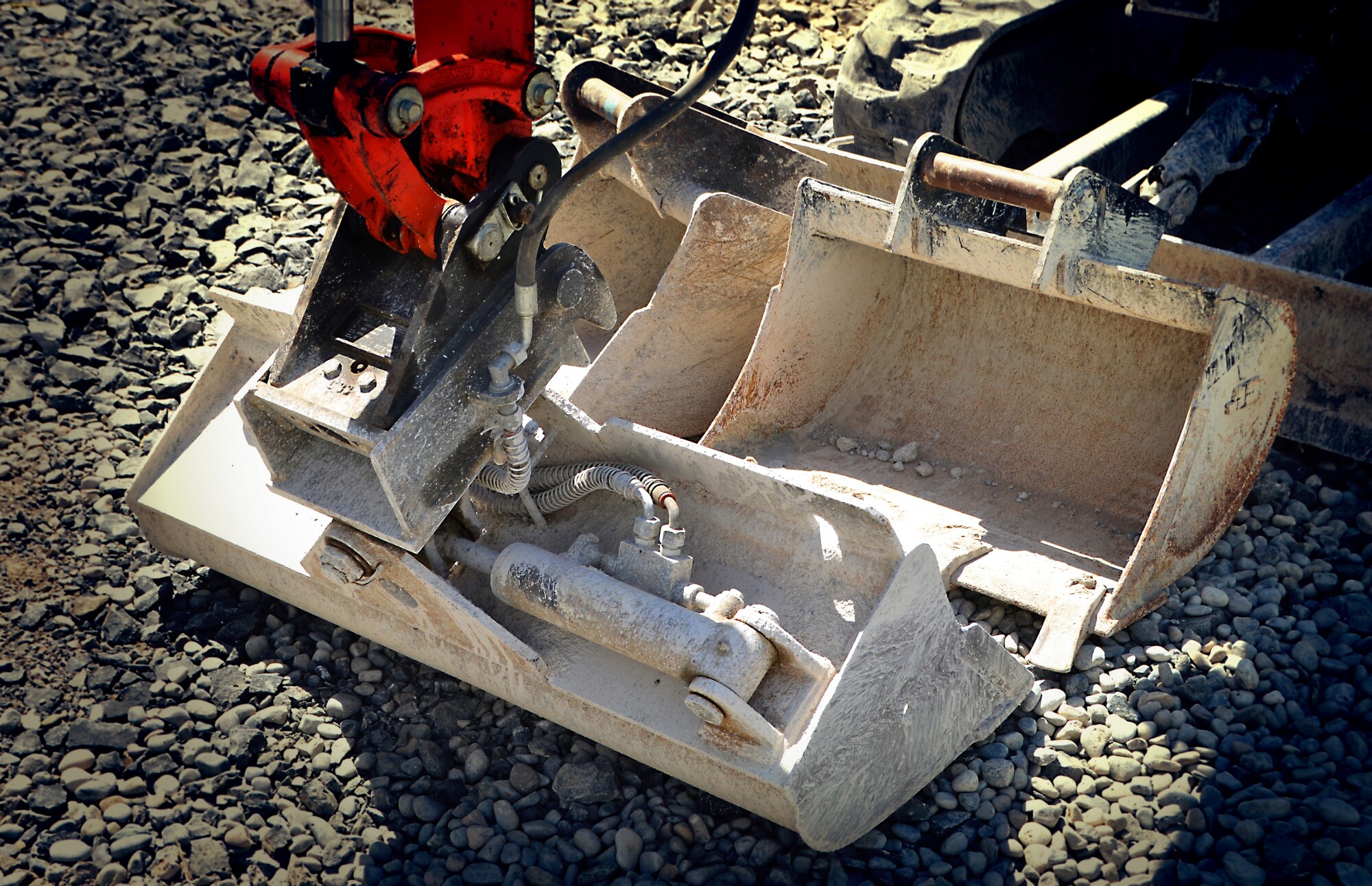Did you know that almost 1.5 million new houses have been built this year? Many of these homes were built and designed by the people living in them.
Building your own home comes with a lot of advantages, like being able to include everything you want in a house. However, they also come with some unforeseen challenges.
One of the first ones that many home builders encounter is the foundation. The right foundation can make or break your home. Unfortunately, many people are unsure which options are right for them.
Luckily, we’ve made a list of questions you should ask to factor in building foundations. That way, you know for sure that you’re building on strong, stable ground. Let’s get started!
What Type of Foundation Is Right For You?
The first thing you need to decide is what type of foundation you want for your home. There are three popular options: basements, crawlspaces, and concrete slabs. Basements are great because they add a whole room to the house.
This, in turn, improves property value. Crawl spaces are ideal because they allow for ventilation in the house. There might also be enough room for storage, or a furnace and water heater.
Builders can construct both crawl space and basements out of a variety of different materials. Some popular types include poured concrete, stone, wood, concrete panels, insulated concrete forms, and concrete masonry units.
The only problem with these two types of foundations is that they tend to be a bit more expensive. Plus, depending on where you live, there’s the possibility that your basement could become flooded in the event of a burst pipe or storm.
Concrete slab foundations are ideal for home builders on a budget since they cost less than crawl spaces and basements. They’re ideal for climates that don’t cause the ground to freeze in the winter. The only problem is that they make accessing pipes under your house incredibly difficult.
Do You Require Excavation Services Before Building Foundations?
Depending on the type of foundation you chose from the last section you might need an excavation company to make it a reality. Crawl spaces and basements will require these types of businesses to dig before a team can start building.
However, this isn’t the only type of situation where you might need an excavation team. They might also be required depending on the topography in the area. For example, property with lots of hills or slopes might not be stable enough to build a foundation on.
When this happens excavation services are usually the easiest way to deal with the problem. Just make sure that you go with a service that you know you can trust, like this company.
Is the Home Being Built On Waterlogged Ground?
If you can help, you should try never to build a home on waterlogged ground. Why? Because it presents serious dangers to the house. When water gets into the foundation of your house it gradually loses structural integrity.
If this water damage goes unnoticed, then the house can collapse while you’re still in it. However, you will usually notice signs that will allow you to evacuate. Still, you can expect huge financial losses.
So, is it impossible to build on the waterlogged ground? The answer is no, but it will take an expensive and time-consuming process of layering stones for support and building the house on a raised property. As such, you should think seriously before buying a property with lots of waterlogged soil.
What Are the Soil and Erosion Conditions Like?
The soil you build on plays a huge role in the structural stability of your home. Generally, you should look for property that’s built on soils like rock and sand, gravel, and loam. These all help ensure that the foundation will stay firmly in place.
If you can, then try to avoid soil types like peat, clay, and silt. These soft types of soil can shift gradually over time. This in turn can cause cracks in the foundation which might eventually lead to collapse.
However, the type of soil isn’t the only thing you should be looking at. You should also pay attention to the erosion of the soil. When erosion occurs the top layer of the soil gets stripped away.
This, in turn, can lead to waterlogged soil that weakens the house foundation. So, make sure that the soil in the area isn’t eroding at a quickened state.
Will Conditions Change After Construction?
It’s crucial to remember that factors related to building foundations aren’t just related to ground types. The construction of the foundation itself also affects the ground. Vibrations from excavations or pilings can change the nature of the soil.
Or tree removal can cause roots to shift the dirt around the property. Similarly, unrelated construction projects, like a new highway next to your home, can alter the landscape for the worse.
When this happens, what started as foundation-friendly can quickly turn sour. You can avoid this by hiring a surveyor before beginning construction. You can also make sure that the excavation company you’re going with is experienced at their job so they don’t cause any unnecessary damage.
Want More Content? Keep Exploring
We hope this article helped you learn more about what you should keep in mind when building foundations for your new home. As you can see, there’s a lot of things to consider when planning this part of the home building process.
However, it’s important to not get complacent during this stage. Otherwise, you risk a dangerous and costly situation where your new house could collapse. So, plan everything out and make sure that you hire contractors that you trust.
That way, you know for sure that you’re building your home to last safely. Did you enjoy this article? If the answer is yes, then you’re in the right place. Keep reading to find more topics that you’re sure to love.











